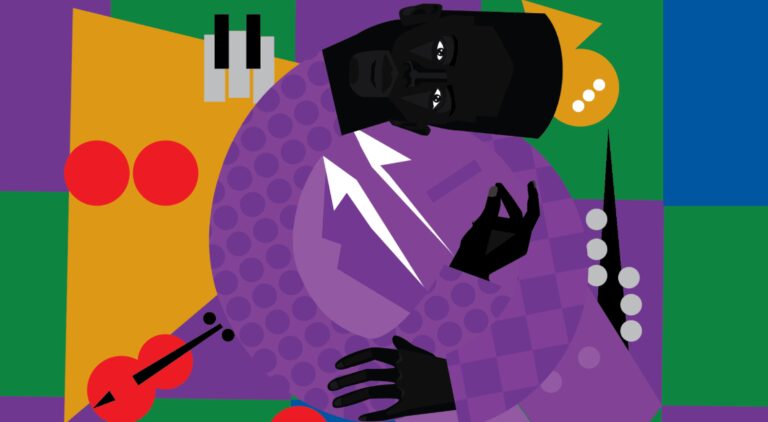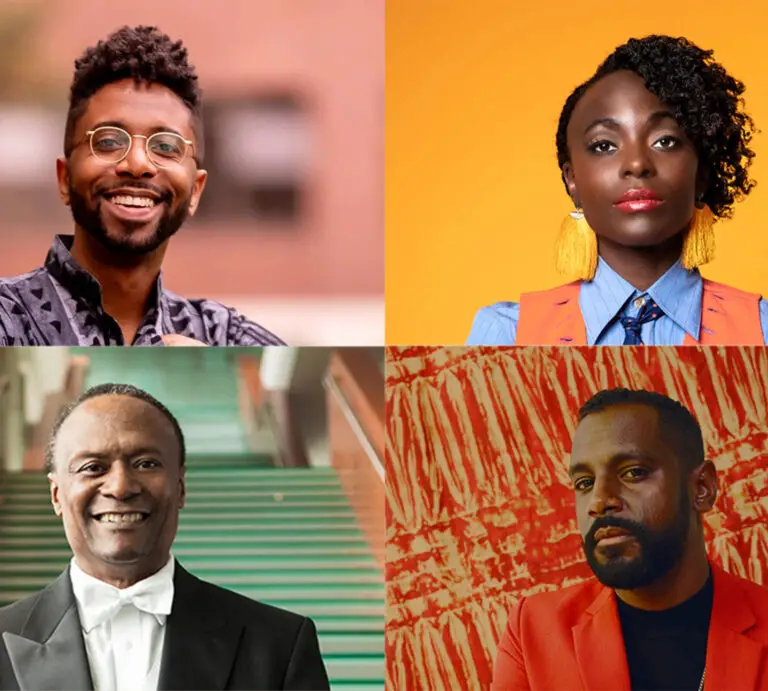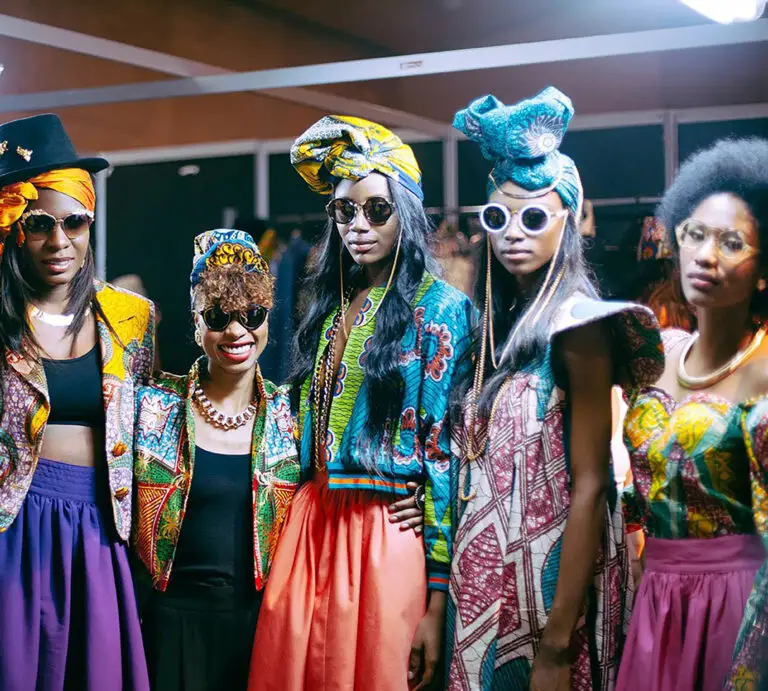The New York Philharmonic has announced details of its 2024-25 season that will explore Afromodernism through a program of concerts, free performances and events, and a parallel museum exhibition.

A cultural cornerstone of New York City for the past 180+ years, the New York Philharmonic has connected with up to 50 million individuals through live concerts in New York and abroad thus far. Founded in 1842 by a group of local musicians, the Philharmonic is one of the oldest symphony orchestras in the world, and the oldest in the United States. Since its foundation, the New York Philharmonic has performed in 436 cities in 63 countries across five continents.
This lengthy history has not resulted in the Philharmonic existing within the past, however. As accessibility to music, public interest, and the context classical music exists within have shifted and expanded, the New York Philharmonic has adapted likewise. Spanning international broadcasts on television, radio, and online alongside archival recordings and educational programs, the Philharmonic has always been on the cutting edge of reaching and connecting people through music.
The upcoming 2024-25 season in particular will feature explorations and celebrations of the voices of Black creators and examine the influence of contemporary Africa and the African diaspora upon the modern arts movements, from music to fashion and more.
Presented through a combination of subscription concerts, a free performance by the International Contemporary Ensemble co-presented by the Museum of Modern Art, a NY Phil Young People’s Concert, and a series of complementary presentations, the New York Philharmonic will highlight the experiences, creations, and impacts of artists across the African diaspora throughout time.

A series of concerts will be the highlight of the Philharmonic’s exploration, with Music of the African Diaspora on October 17 and 18, Young People’s Concert: The Future is Unity on October 19, and Sound On – Composing While Black, Volume II on October 25.
Music of the African Diaspora will consist of works by four black American composers spanning nearly a century to be conducted by Thomas Wilkins; Carlos Simon’s Four Black American Dances, Nathalie Joachim’s Had to Be– a Philharmonic co-commission and New York Premiere featuring the New York Philharmonic debut of cellist Seth Parker Woods as a soloist, David Baker’s Kosbro, and William Grant Still’s Symphony No. 4, Autochthonous.
The October 18 concert will include a pre-concert talk accessible to all ticket holders for the evening moderated by Juilliard professor Fredara Hadley, who will be speaking with panelists Seth Parker Woods, Nathalie Joachim, Barnard College professor Monica L. Miller, and Harvard University professor Carol Oja.
Conductor Thomas Wilkins will also lead the Young People’s Concert: The Future is Unity on October 19 with a program featuring pieces from Music of the African Diaspora’s collection, selections from Nigerian composer Fela Sowande’s African Suite and Florence Price’s Symphony No. 1, and Very Young Composer Isai Rabiu’s Aye Ni Ilu.
On October 25 the Museum of Modern Art will join in partnership with the Philharmonic for a free performance by International Contemporary Ensemble as a part of the Philharmonic’s Sound On contemporary music series.
Titled Composing While Black, Volume II, the concert will examine international perspectives of the African diasporic experience through pieces by composers Jalalu Kalvert-Nelson, Daniel Kidane, Hannah Kendall, Tebogo Monnakgotla, Joshua Uzoigwe, and Leila Adu-Gilmore. The program builds upon ICE’s Composing While Black: Volume I, titled after the scholarly compilation of essays composed by ICE’s artistic director in collaboration with Harald Kisiedu, Composing While Black.

In addition to the musical performances, the New York Philharmonic is presenting several events and a museum exhibition in parallel to their exploration of Afromodernism, including The Unanswered Questions panel discussions and the Africa’s Fashion Diaspora exhibition.
The Unanswered Questions is a two-part panel series featuring “Afromoderism and the Arts” on October 15 at CUNY’s Graduate Center which will examine the decolonization of modernism through the African diaspora’s impact on music and the arts and “Styled for Survival: How Music and Fashion Converge” on February 19 at The Museum at FIT, a conversation tracing the intentional connections between sound and attire, the history of Black dandyism, and more.
The museum exhibition Africa’s Fashion Diaspora will take place at the Museum at FIT on October 7, 9, 21, and November 20. The exhibition will examine fashion as a medium for storytelling and a designer’s tool to contribute to longstanding and evolving ideas of transnational Black cultural spaces.
The exhibit will explore designers from Africa, the Americas, and Europe who construct and interpret their local and community cultures while simultaneously reaching across geography to tie Black cultural practices together through their designs. Talks and tours will be held in the space as well.
Tickets to the New York Philharmonic performances can be purchased online here. Reservations to attend Africa’s Fashion Diaspora and The Unanswered Questions: Afromodernism and the Arts are free but required, and can be made on their respective web pages here and here.
Reservations for Composing While Black, Volume II and The Unanswered Questions: Styled for Survival are also free but required, and will be available at a later date. Keep up to date on the Philharmonic’s web page here.


Comments are closed.